Roman Pytel, Ph. D.
1958-1962 - Jagiellonian University, Cracow, Poland; was majoring in Hebrew Language and Biblical Studies.
1961-1972 - Researcher at the Jewish Museum in Cracow.
1964-1965 - Scholarship awarded by the Hebrew University of Jerusalem
1972-1974 - Head of the Library at the Jewish Historical Institute in Warsaw.
1974-1975 - Lecturer at the Institute of Religious Studies of the Cracow University.
1981 - After 6 years of unemployment and every possible humiliation forced to leave the country.
2000-2009 - Security Guard.
1982-1996 Editorial Assistant Life of Polonia, weekly Brooklyn, NY
Evaluated editorial submission for publication.
Wrote and contributed editorial content to the magazine
1981-1982 Cataloging Assistant Yale University Library, New Haven, CT
Pre-catalogue searching and cataloging books
My Most Important Publications
Exegese von Psalm 135:17; in: Folia Orientalia, XI (1969)
Psalm 151; in: Proceedings of Polish Academy of Arts and Sciences 1969)
Unknown Jewish Diary Found in Auschwitz; decipherment and translation into Polish;
in: Zeszyty Oświęcimskie (1970)
Psalm 139:15 – Versuch einer neuen Deutung; in: Folia Orientalia, XIII (1971)
A New Explanation of Psalm 21 – Lecture in: Polish Academy of Arts and Sciences (1979)
Secrets of Medieval Art: Crucifixion of Jesus – Lecture in: Association of Polish Jews (1979)
The Trial of Jesus: History and Mythology – the same place (1980)
Hieroglyphs of the First Chapters of the Book of Bereshit (Genesis) and their anti-Christian Significance; in: Association of Polish Jews (1980)
Who Was Krak? – Lecture about unknown rudiments of Christianity in Poland; in Polish Associations of Friends of Cracow (1978). Krak was to first Polish ruler who killed the pagan helioreligion. The oldest Polish coins the so-called brakteats bear Polish inscriptions with Hebrew characters, for instance: Meszko, kral Polski (Mieszko, King of Poland) The earliest historical evidence about existence of mines of salt, silver and gold is contained in Rashi's commentary on the Book of Prophet Nahum. Latin evidence comes from a later period.
Unknown Portrait of Krak (the First Polish Christian King) and its Significance for the History of Poland – article in Dziennik Polski (Polish Daily News) May 31, 1980 (this portrait was published by a Jewish publishing house).
Unknown Document for the History of Jews in Cracow (The oldest Polish Synagogue the so-called Alte Shul in Cracow was a part of the oldest Polish University which had been destroyed by radical Catholic mob in the XIV century – Lecture in: Association of Polish Jews (1979)
Zapomnina Astronomia z Kięgi Joba (The Forgotten Astronomy of the Book of Job; with special attention to the heliocentric diagram of Canaan unearthed by Israeli archaeologists) – Lecture in: Polish Oriental Society, May 25, 1977
Symbolism of Mythological Dragon and of Serpent of Gan Eden – Lecture in: Polish Academy of Arts and Sciences (1978)
On 25 May 1977 I delivered at the Polish Oriental Society a lecture about Geocentric Astronomy of the Book of Job –"He stretched out the North over the empty place and hangeth the earth upon nothing" (Job 26:7) – A heliocentric diagram from the period before Joshua's conquest unearthed in Israel confirms that the ancient Jews knew the heliocentric system elaborated later by Pythagoras, but rejected it (The Babylonian epic Enuma Elish mentions that the sun god Marduk established the orbit of the earth around the sun). The Biblical Secretaries of God knew about the relativity of the sunlight and therefore could not accept the heliocentric sun as the Light of the World and a Visible God. My article "At the Sources of the Copernican Heliocentrism" was printed in the "Urania" 1/1981/LII, monthly of the Polish Association of the Friends of Astronomy. Belief in Heliocentrism means belief in the sun god "seated on the royal throne" and ruling the world. (De revol. I,10)
Heliocentrical Astronomy before Copernicus – Lecture in: Polish Astronautical Association (1980)
From My Archive:
On March 26, 1982 Dean F. Fischer, Assistant Secretary in the State Department wrote to me replying my message to Secretary Haig regarding the U.S. Response to recent events in Poland:
“...We have been working closely with our Allies on the Polish issue. At a January Special Ministerial Session of the NATO Council, the Allies issued a Declaration on Poland in which the agreed to: 1) condemn Soviet complicity in the suppression of internationally recognized human rights in Poland, 2) discuss Poland at the Madrid Meeting of the conference on Security and Cooperation in Europe (CSCE), and 3) identify possibilities for action in planning further restrictions on Polish and Soviet diplomatic missions and in reducing scientific and technical exchange activities. We have also been in touch with other countries on the question of providing sanctuary to Polish refugees...I am pleased to enclose a copy of recent speech by Secretary Haig which outlines our policy on Poland.”
On April 29, 1993 Father Gregory Mustaciuolo, Secretary to the Cardinal wrote to me:
On behalf of Cardinal O'Connor, I acknowledge receipt of your letter of 27 April. His Eminence is always grateful to those who are willing to share with him their thoughts and concerns.
Know that His Eminence will remember you in his prayers as he offers the holy Sacrifice of the Mass. Please pray for him, as well, as he continues in his enormous responsibilities as the Archbishop of New York. With prayerful best wishes.
President G.W. Bush honored the late John Cardinal O'Connor, with the Congressional Gold Medal (New York Post, July 11, 2001)
On July 25, 1993 Eitan Haber wrote to me,
On behalf of the Prime Minister, Mr. Yitzhak Rabin, thank you for your letter dated July 6, the contents of which have been noted.
On August 22, 1994, Pavel Seifter Director Foreign Policy Department of Czech Republic wrote to me,
On behalf of President Vaclav Havel, please allow me to reply to your letter of March 14. Firstly, I hope you will forgive the delay in replying.
President Havel would agree with you that, in this rapidly changing and transforming era, it is necessary to find some basic values which can bring greater security and meaning to life. He has often warned of the danger of those who think of man as the center of the universe, thus separating humans from the world around us and making it appear that we have no one to whom we answer. Because of such philosophies, the former regimes throughout the region left behind environments that were deeply damaged and societies which can form the basis of strong and healthy democracies of the modern age. The President supports those, like you, who are engaged in this important task. He joins me in wishing you all the best. Please accept also the assurances of my highest regards.
Saturday, December 15, 2007
Subscribe to:
Post Comments (Atom)



















































































































































































































































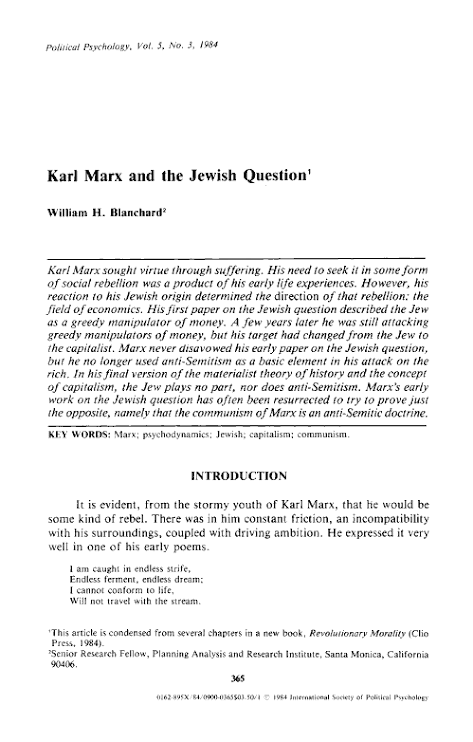




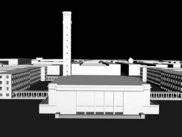






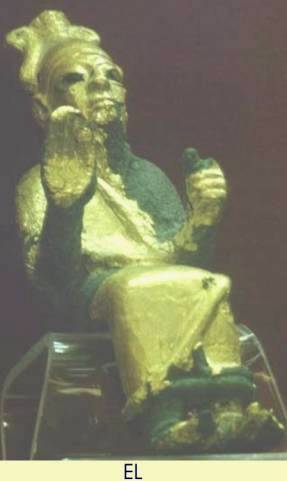












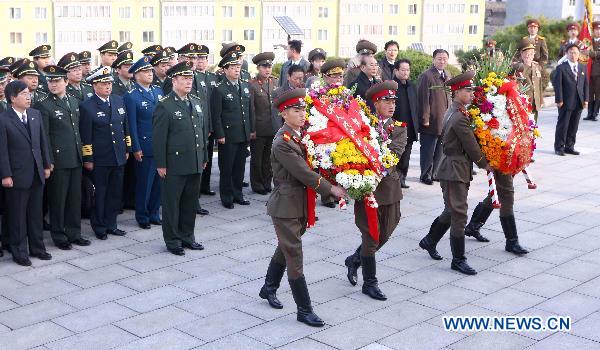















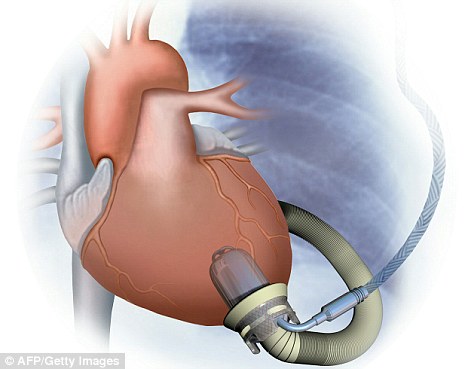
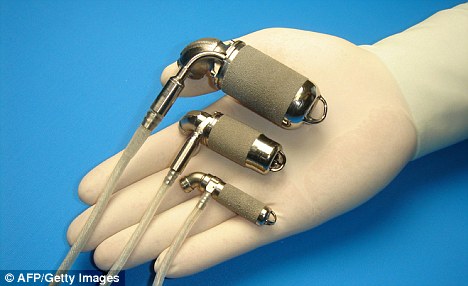
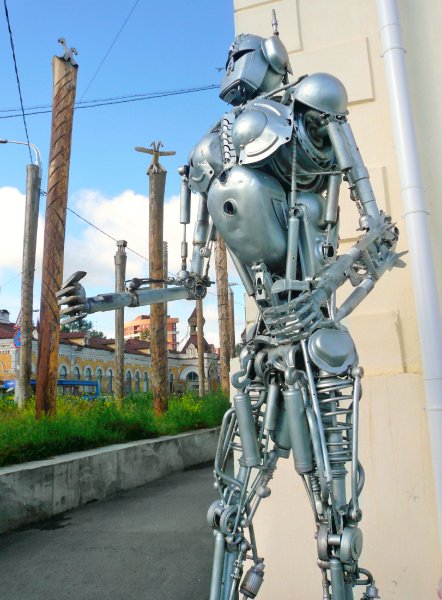


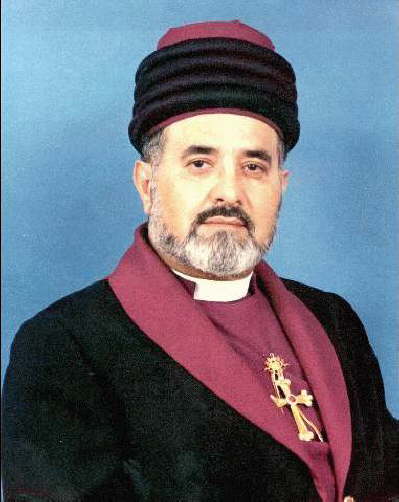+Anniversay+Dinner.jpg)





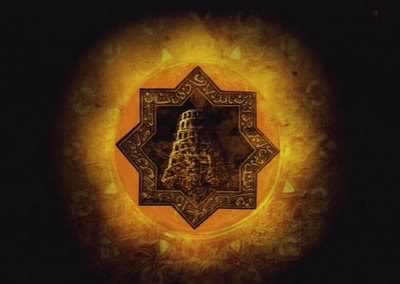





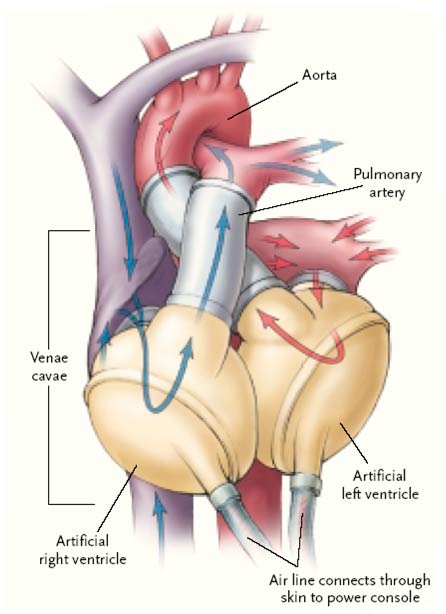



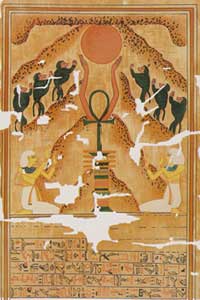








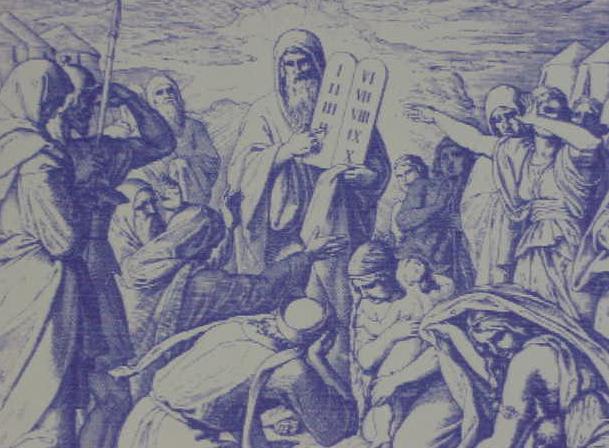
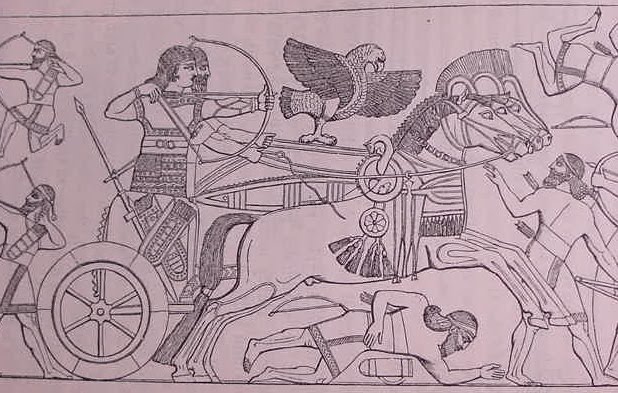



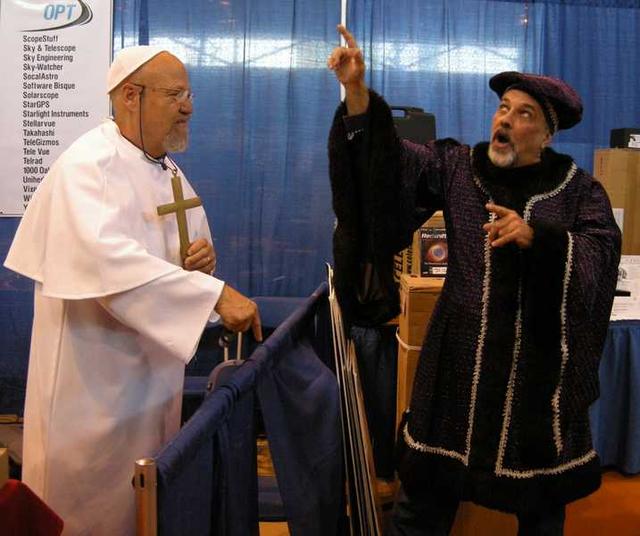




















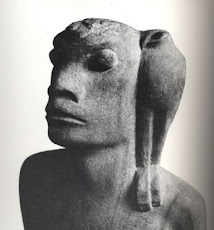












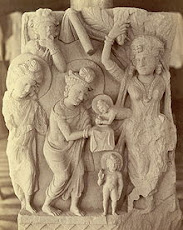



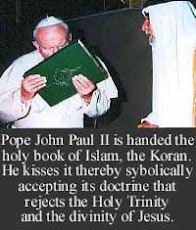


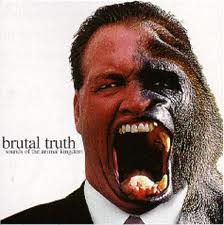


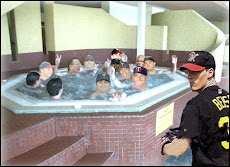






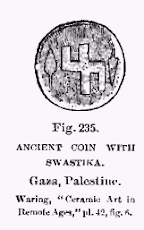



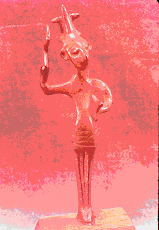






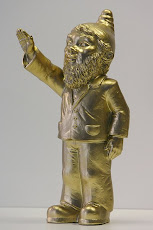




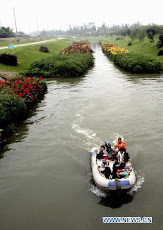
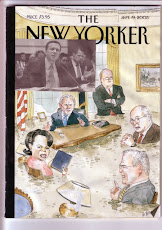




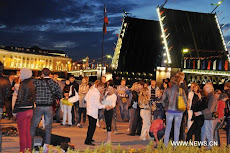

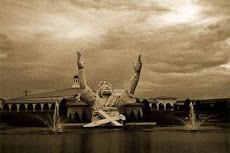














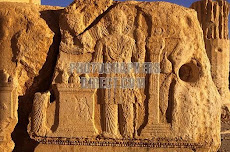


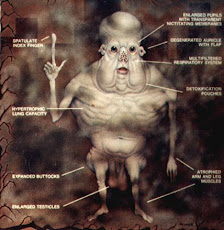






















No comments:
Post a Comment